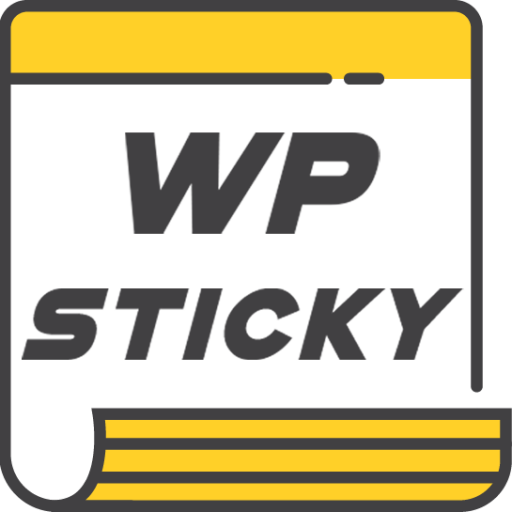In today’s realm of digital marketing, businesses are constantly striving to outperform their peers and gain a competitive advantage. To achieve this goal, many companies seek the assistance of white-label marketing agencies. These agencies offer a range of services aimed at helping businesses enhance their online presence, attract more traffic, and ultimately boost their revenue. But the question arises: Is it truly beneficial for businesses to engage the services of a white-label digital marketing agency? In this article, we will delve into the pros and cons of collaborating with these agencies to assist business owners in making informed decisions.
Getting Acquainted with White-label Digital Marketing Agencies
Before delving into the benefits and drawbacks, let’s take a moment to grasp the essence of what a white label digital marketing agency entails. Simply put, these agencies provide marketing services under the brand name of another entity. This implies that instead of disclosing the involvement of an agency as sub-contractors or partners when dealing with clients or customers, they present it as an in-house operation.

Advantages of Engaging a White-label Digital Marketing Agency
Expertise Access
One notable advantage associated with partnering with a white-label marketing agency is gaining access to their specialized expertise. These agencies excel in facets of marketing such as search engine optimization (SEO), social media management, content creation, email marketing, and more. By utilizing their expertise and knowledge in these fields, companies can take advantage of effective strategies without the need for an in-house team.
Cost-effective Solution
Establishing an in-house digital marketing team entails significant expenses like salaries, benefits, training costs, and essential tools or software fees. Conversely, contracting out these functions to a white-label agency enables companies to access top-notch services at a fraction of the expense.
Emphasis on Core Strengths
Assigning roles to a team such as a white-label agency liberates valuable time for business owners and employees to concentrate on their core strengths—developing products or services and directly serving customers. This enhances productivity and efficiency within the company.
Adaptability and Versatility
One of the aspects of collaborating with a white-label digital marketing agency is the adaptability and flexibility they offer. These agencies can scale their services up or down based on a company’s evolving requirements. Whether it involves tweaking strategies, intensifying efforts during peak periods, or venturing into markets, partnering with a white-label agency empowers businesses to remain flexible.
Disadvantages of Engaging a White-label Digital Marketing Agency
Potential Loss of Oversight
When entrusting marketing tasks to a firm, there might be a decrease in control over certain aspects like messaging and content creation. It’s crucial to establish communication channels and provide instructions to address these concerns adequately.
Challenges in Brand Presentation
Utilizing white-label solutions often involves showcasing work done by another agency under a brand name. While this approach can offer benefits such as implementation and flexibility, it may present difficulties in aligning marketing strategies with branding initiatives and maintaining consistent messaging across all platforms.

Sustaining Brand Uniformity
One of the obstacles that businesses encounter when engaging with label digital marketing agencies is upholding brand coherence across diverse marketing channels. Since the work is typically performed under a brand identity, ensuring that messaging, tone, and branding harmonize seamlessly with the company’s image can be demanding. Overcoming this hurdle requires communication and cooperation between the business and the digital agency in Dubai, emphasizing comprehension and portrayal of brand guidelines and principles.
End Note
Opting for a white-label marketing agency can offer significant advantages to businesses looking for expert support without the high costs of building an internal team from scratch. The perks include access to knowledge, cost savings, enhanced focus on core strengths, and scalability options. However, it’s essential for business owners to carefully weigh the potential downsides, such as control over aspects and challenges, in order to align branding efforts effectively. By evaluating these pros and cons when choosing a white-label digital marketing agency that fits their objectives and needs, businesses can effectively leverage their services for optimal results.
